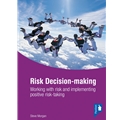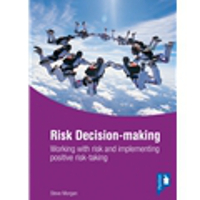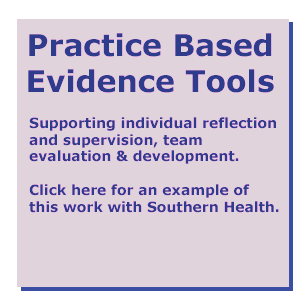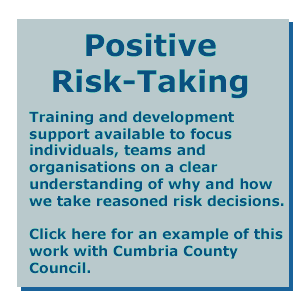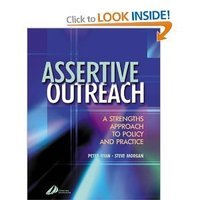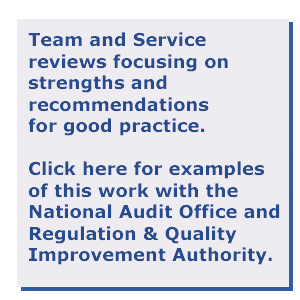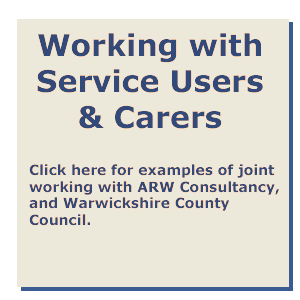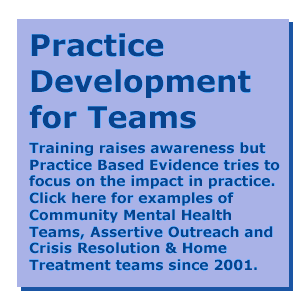How can 'Positive Risk-Taking' help build Dementia-Friendly Communities?
 Saturday, November 15, 2014 at 9:01PM
Saturday, November 15, 2014 at 9:01PM It is all too easy to see the negatives and deficits around someone living with dementia, and to remain oblivious to their capabilities and potential, as well as the supportive resources they have around them. Just because you have a particular label doesn't mean you have lost all capacity to dream and desire a reasonable quality of life for yourself, as determined by you, not imposed on you by others. However, the so-called 'community' can become a progressively challenging place as cognitive capabilities decline.
'Positive risk-taking' is a concept well established by the Practice Based Evidence consultancy, and it applies equally to the risks a person living with dementia may wish to take, and to all of us who live in, work in and develop communities. The Joseph Rowntree Foundation commissioned a piece of work from a collaboration of Practice Based Evidence and the Mental Health Foundation to investigate how the concept of positive risk-taking may apply to the government initiative of developing dementia-friendly communities. The think piece is explored in the published 'Viewpoint' at the following link: http://www.jrf.org.uk/publications/how-can-positive-risk-taking-help-build-dementia-friendly-communities


